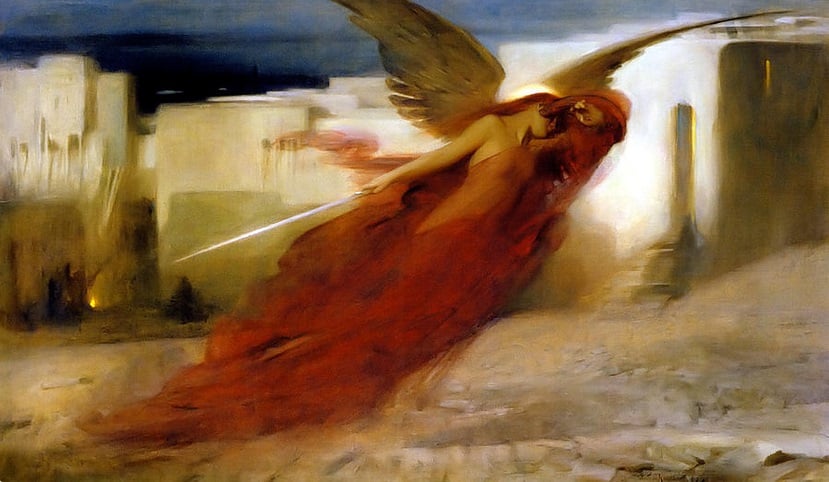Shabbat Bo Shalom

by Phyllis Chesler
How swiftly the narrative proceeds, almost at a breakneck pace. In only three parshiot, (Shmot, Va’eira, Bo), and in only 350 sentences, we find ourselves enslaved in Egypt, are granted a God-chosen liberator—and are taken out of Egyptian slavery by God.
Sometimes, even before I consult all those far more learned than I, a single word just happens to catch my attention. This week, it is the word by which this chapter is known—the word “Bo.”
In Shmot, God tells Moshe that “I will be with you’ (3:12) and in Va’eira, almost conversationally, God tells Moshe: “Bo, daber el Pharaoh” (6:10-11)—come with me or, together, let us go to Pharaoh. Again, in Va’eira, in (7:26) God says to Moshe, “Bo el Pharaoh” (10:1). God does not say “Lech.” This is a far cry from Avram’s “Lech Lecha.” Go, leave all that you know in order to find yourself. Moshe and Aharon are never alone when they go to see Pharaoh. God is always with them.
Many chumasim and sages translate “Bo” as “Go.” But not I. In parsha Bo, I do not only hear the word “Go,” but rather, as the Israeli phrase would have it, I hear: “Bo Alei,” or Come with me, Come to me. God’s invitation, God’s promise is there every time God says ‘Bo” to Moshe.
Interestingly, after the plague of darkness, Pharaoh calls to Moshe and says; “Lachu”—(10:24) and by this Pharaoh really means “Go.” Moshe (11:8) employs the word “Tze,” when referring to what Pharaoh will say to Am Yisrael after the killing of the first-born—go, leave, get out of here. Indeed, in (12:31) Pharaoh calls for Moshe and Aharon and says: “Kumoo ztu,” or arise, set out, get the hell out of here.”
God is inviting us all to join Him as He accompanies us into Shabbos.